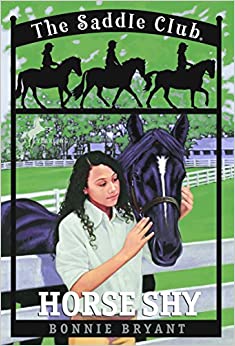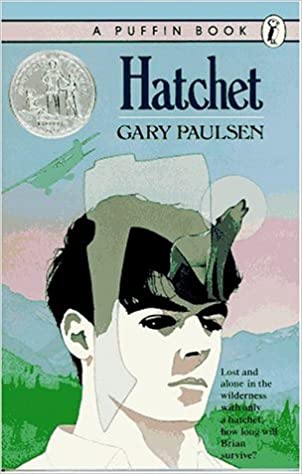The book 10 year old me needed!
Paradise on Fire: Addy, who lives with her grandmother in a city on the East Coast, is sent out to rural/ remote California with four other Black kids from the city for a wilderness summer camp. As they settle into camp life and begin to build relationships to each other and to the camp, Addy starts to connect with both the campers and the leader as well as the land. A thoughtful mentor who knows a bit about Addy’s history helps her to connect her interest/ practice of mapping, to understanding the landscape around them. On early morning excursions Addy and her mentors (human and animal) map the terrain, she learns the ecology of the place, and how to read the landscape–bringing her comfort and confidence for the trails to come throughout the novel.

I loved this book for many reasons. As a kid growing up in the urban rural interfaces of New Mexico and Colorado the stories about adventures in the outdoors fell into two categories. Stories about boys in the wilderness (especially the kind of wilderness and remote places that were familiar to me–like the red rock canyons and forests and peaks of NM, UT, CO and AZ. And stories about horse girls. Do you remember Carol from The Saddle Club series? She had hair kinda like mine, and her dad was a military officer at the army base in Virginia where they all lived. Carol was the only recurring Black girl character in my repertoire of chapter books focused on activities I myself participated in, throughout the 1990’s (let's also keep in mind how Carol does not represent all Black girls). But, I was also a horse girl (obsessed) living a sort of urban/rural life in a bi-racial middle class family, Carol was the character who made me feel like there were other Black girls out there riding horses and dreaming about hunter-jumper horse shows.
In contrast, Gary Paulson’s stories (like Hatchet and Canyons) helped me connect and really love the landscape where I lived. His protagonists were always developing these fascinating ecological consciousnesses, and I remember feeling at home in the landscapes that they were entangled in. But the characters themselves were not ones I felt a deep connection to or a relatability with. And that matters because reading novels allows us to imagine ourselves within the stories, with the characters, and also what’s possible in our lives off the page.
Things I loved about Paradise on Fire that reflect SheJumps values and especially the narratives we’re working to change.
Healing, growth and leadership formed in relationship with the land, landscape and the natural world. Addy’s need for safety and desire to have a plan to know the terrain, to map the terrain (be it a map of an airplane, or a map of the mountain) is tended to so carefully. Her practices help her heal from the traumas she's experienced, helped her grow, and are encouraged as a skill and an asset, and literally help her save lives.
The depth of our environmental ethics and our connections to nature and the natural world. I love that Addy’s story includes her Nigerian heritage, the story and meaning of her name, how it connects her to life and the earth , and how her grandmother is the thread between Addy’s family culture and heritage and her world as a city kid, daughter of immigrants.
The resistance to dominant narratives. This novel offers a great racial and class analysis through the lens of teenagers. The characters of the novel are very aware of the complexities of free wilderness camp programs for low income, Black, “city kids”. They have an irreverence for the patronizing nature of some of the counselors who frame their influence on the kids as saving them, helping them. Simultaneously, each of the teens develops a relationship to the camp and to the experience, they draw connections between their home lives and the experiences at the camp, and are beautifully complex individuals. The camp counselors view their roles as leaders in an inflexible way, and the teens push back on those views, using their voice, building alliances and trust, advocating for their leadership, questioning and making decisions.
The wisdom of young people and their relationship to climate change.
Read this book if you are interested in a captivating story about creative kids who are deepening their understanding about themselves, how they are viewed by society as Black kids from low income families living in the city. If you want to expand your horizons on what it means to deal with trauma, to heal from trauma, and experience a unique and beautiful story about adventure, community, and connecting to land, place and nature.
Dr. Jewell Parker Rhodes is a prolific writer with a long list of both titles in adult and children's fiction. You can read what the NYT and LA Times reviewers thought about her work, but also learn more about the author herself! She’s an award winning author and educator, and a professor of creative writing at University of Arizona and the chair of the creative writing center there. She argues that “ words have power to advance equity and environmental justice”, and she makes that clear in Paradise on Fire. SheJumps is excited to celebrate her work during Black History Month, but really all year round. Add this to your reading list, your kids reading lists, your adventure buddies reading lists!





Comments